
01 December 2025
Australian Alumni Gala Dinner Celebrates Outstanding Alumni Contributions
The Australian Alumni Gala Dinner on 20 November 2025 in Jakarta brought together hundreds of Indone... Read more
The Australia Awards are prestigious, transformational scholarships and short courses offered to emerging leaders for study, research and professional development in Australia
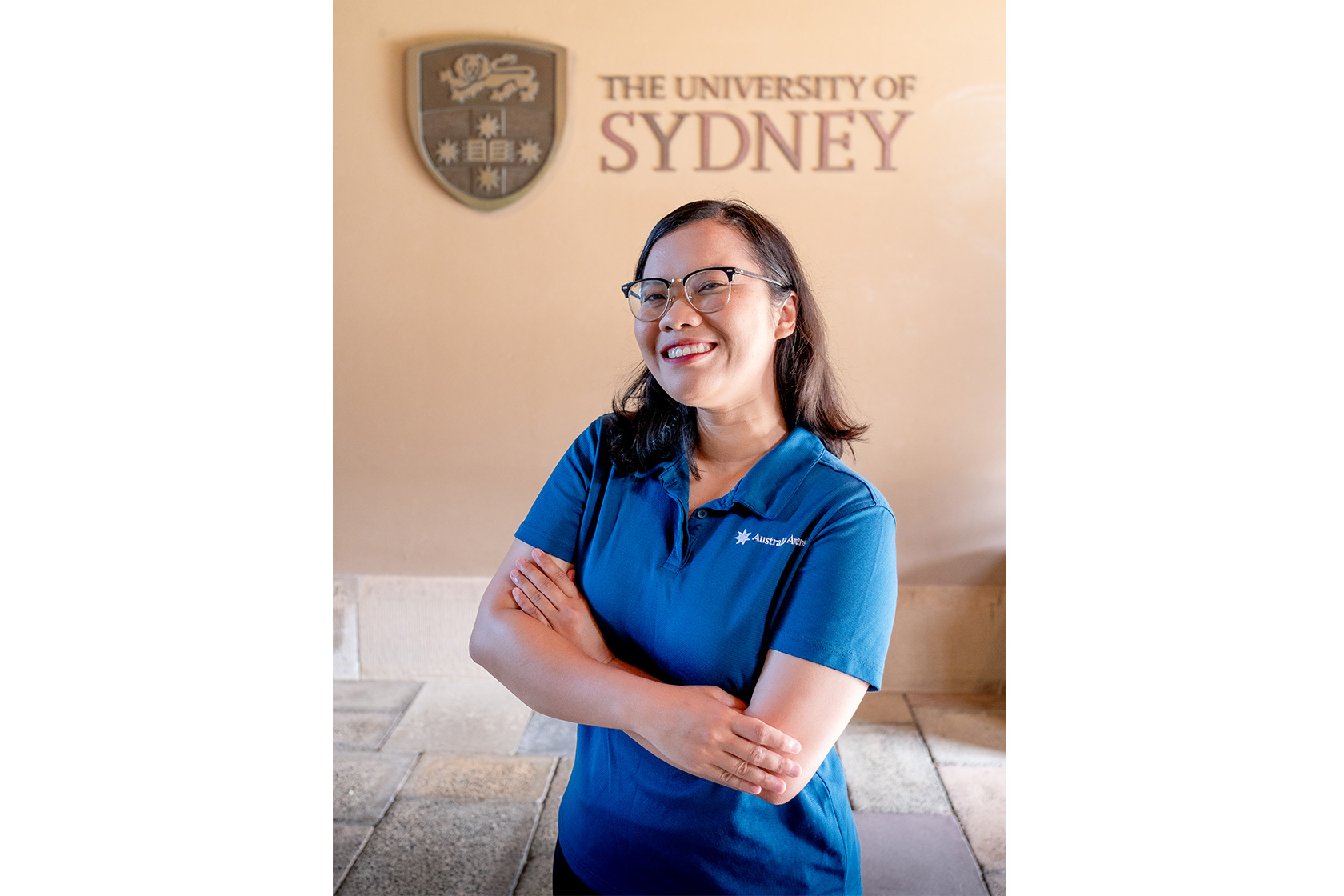
01 August 2025
 Erni Nora M Siahaan: Transforming Indonesia’s Future Transportation Through Data-based Policy
Erni Nora M Siahaan: Transforming Indonesia’s Future Transportation Through Data-based Policy
For Australia Awards alumnus Erni Nora Mardiana Siahaan, transportation goes beyond moving people and goods. It’s a vital driver of Indonesia’s development, enabling access to healthcare, education, and connectivity across the nation’s 17,000 islands.
As a transportation planner at the Indonesian National Development Planning Agency (Bappenas), Erni plays a key role in shaping transport infrastructure policies that support sustainable growth nationwide.
‘Transportation is an economic enabler essential to achieving Indonesia’s development targets, including economic growth and emissions reduction through transportation decarbonisation,’ Erni said.
The complexities of designing comprehensive transportation policies inspired Erni to pursue a Masters of Transport at the University of Sydney, where she graduated in July.
From Civil Engineering to Transportation Development
Initially, transportation issues didn’t interest Erni. However, she was motivated to study civil engineering after learning about the hardships faced by people in remote areas.
‘It was heartbreaking to learn how difficult it was for them just to reach a city centre or the nearest town to buy goods,’ she remarked.
During her studies, she developed an interest in urban transportation. This was inspired by her own experiences as a Jakarta resident, navigating the capital’s notorious traffic congestion and challenging public transport system.
‘Urban transportation development requires integrating land use, building planning, and financial considerations. I realised transportation planning is urgent and strategic,’ she said.
Planning a Strategic and Connected Maritime Network
After graduating from the University of Indonesia in 2018, Erni applied promptly for a job at Bappenas. Although she had aimed to work on urban transport policy, she was accepted as an associate planner in the agency’s Directorate of Connectivity and Logistics, focusing on maritime transportation policies.
The role expanded her perspective. Erni learned how vital it was for Indonesia, as an archipelagic nation, to develop a comprehensive maritime transportation system informed by data.
‘For export-import logistics, integrating data from port authorities, customs, logistics companies, and forwarders is necessary. Currently, this integration is lacking but crucial for future planning,’ she stated.
To ensure that a transport system serves as an economic enabler, policies must be integrated across sectors like infrastructure and public works, Erni explained. There should be collaboration with external experts and secure and adequate funding.
Erni explained the intricacies involved in planning transport infrastructure, using ports as an example.
‘We must consider location, connectivity, and integration. For instance, does the port connect efficiently to toll roads? How is truck access managed? To reduce emissions, perhaps trains would be a better option for delivering goods,’ she said.
Mastering Maritime Transportation Skills in Australia
Supported by an Australia Awards scholarship, Erni chose the University of Sydney for its comprehensive transportation studies. She aimed to deepen her understanding of all transportation subjects, particularly marine transportation.
‘I work in the planning division, so I wanted to learn all aspects of transportation and expand my understanding of maritime transportation. That’s why I chose a school that offered comprehensive transportation studies,’ she explained.
In Australia, she saw how ports could be specialised facilities. For example, Newcastle Port operates coal and mineral exports, and Sydney’s Port Botany is a logistics hub. This contrasts with Indonesia, where ports mainly provide similar services, potentially increasing competition between ports.
The stark difference in transportation policies in Australia and Indonesia became Erni’s research theme. She focused her research on the development of Patimban Port in West Java and its impact on the operation of Tanjung Priok Port, Indonesia’s busiest port.
‘I wanted to analyse whether the competition between the two ports would have positive or negative impacts. Competition, when balanced, is beneficial because it encourages innovation. However, excessive competition could adversely affect our economy,’ she explained.
Apart from focusing on her studies, Erni embraced Australia’s integrated public transportation system, recalling it as one of the highlights of her time living there. She was impressed by how the country’s vast and affordable network enables smooth travel across multiple transport modes.
‘On weekends, ticket prices are lower than on weekdays to encourage more people to explore. As a result, I visited less touristed places and even remote destinations nearly every weekend,' she recalled.
Formulating Data-Based Transportation Policy
After completing her studies and returning to Indonesia, Erni hopes to apply public policy methods to improve the country’s transportation sector. In particular, she aims to leverage technology, such as drones for transporting goods within cities, along with research and data to formulate effective transport policies.
‘I want to explore more data on the supply and demand of goods and people, as well as on the integration of all transportation modes. Data is crucial to formulating future transportation policies,’ she remarked.
Additionally, Erni emphasised that advanced transportation research and technology, backed by strong data, could boost efficiency and support decarbonisation in the maritime industry, a topic she has previously researched and plans to explore further upon her return.
‘As an archipelagic and maritime country, our transportation sector still lags behind Southeast Asian peers like Singapore and Malaysia. Therefore, I hope our transportation research and technology will advance further in the future.’
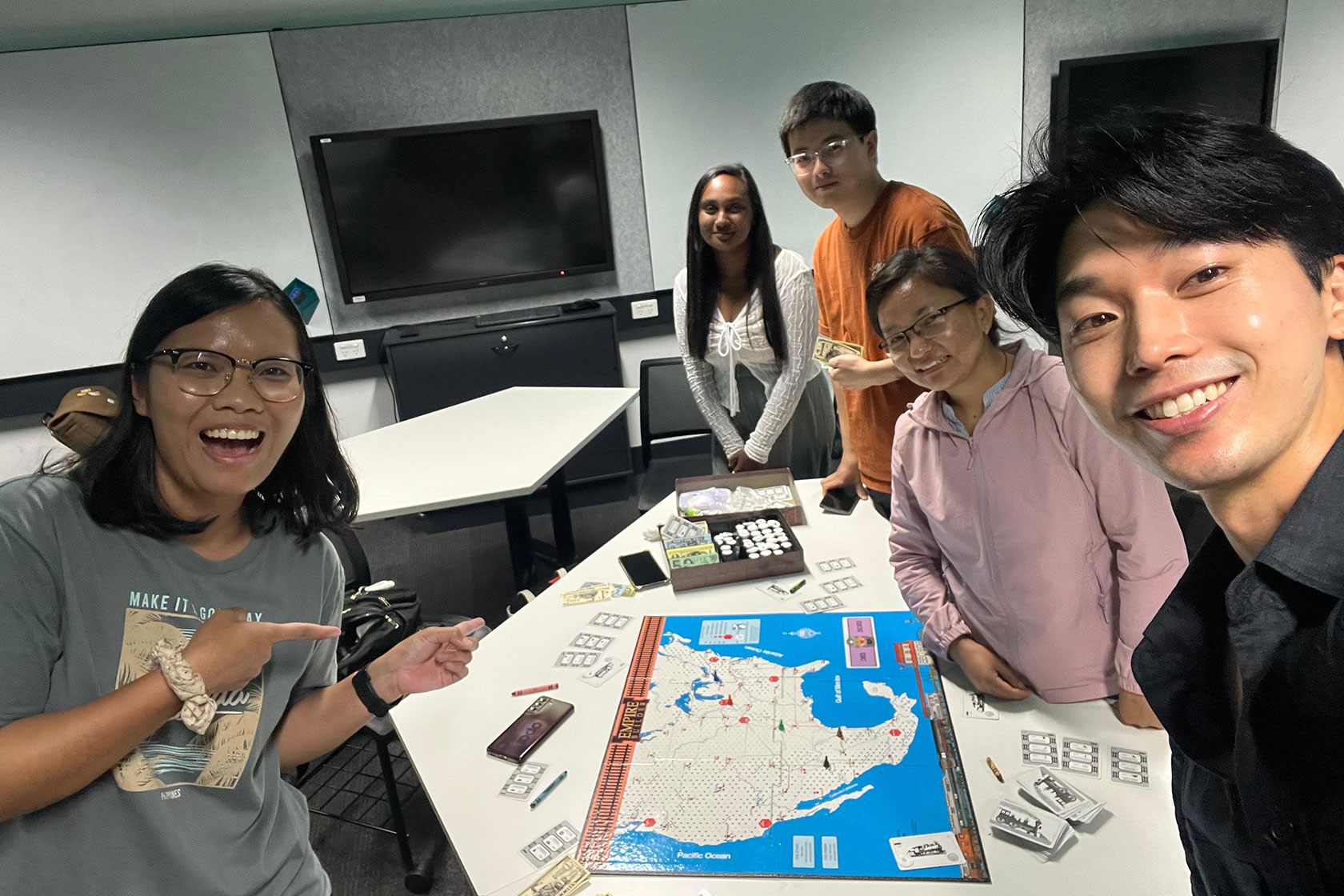
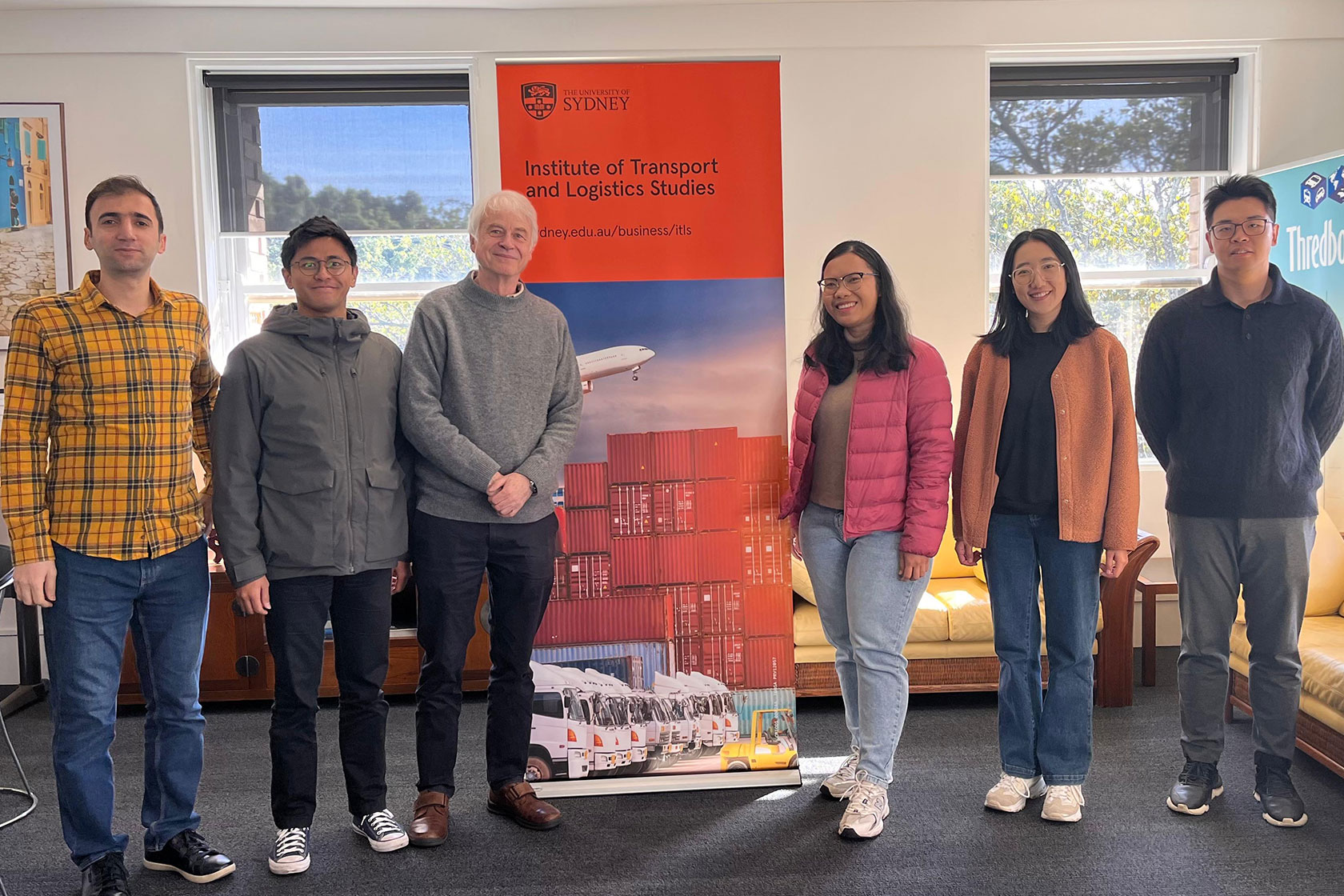
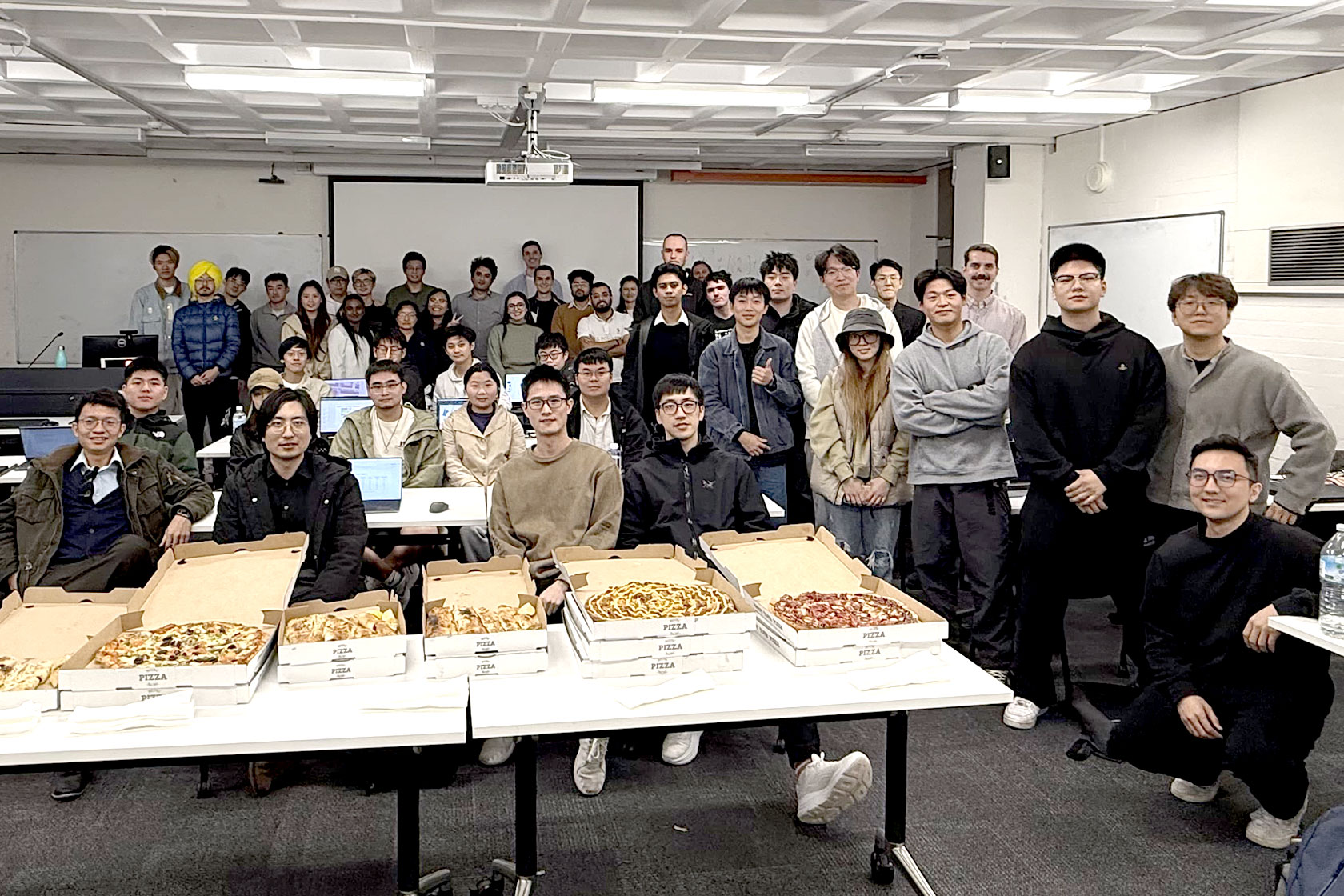
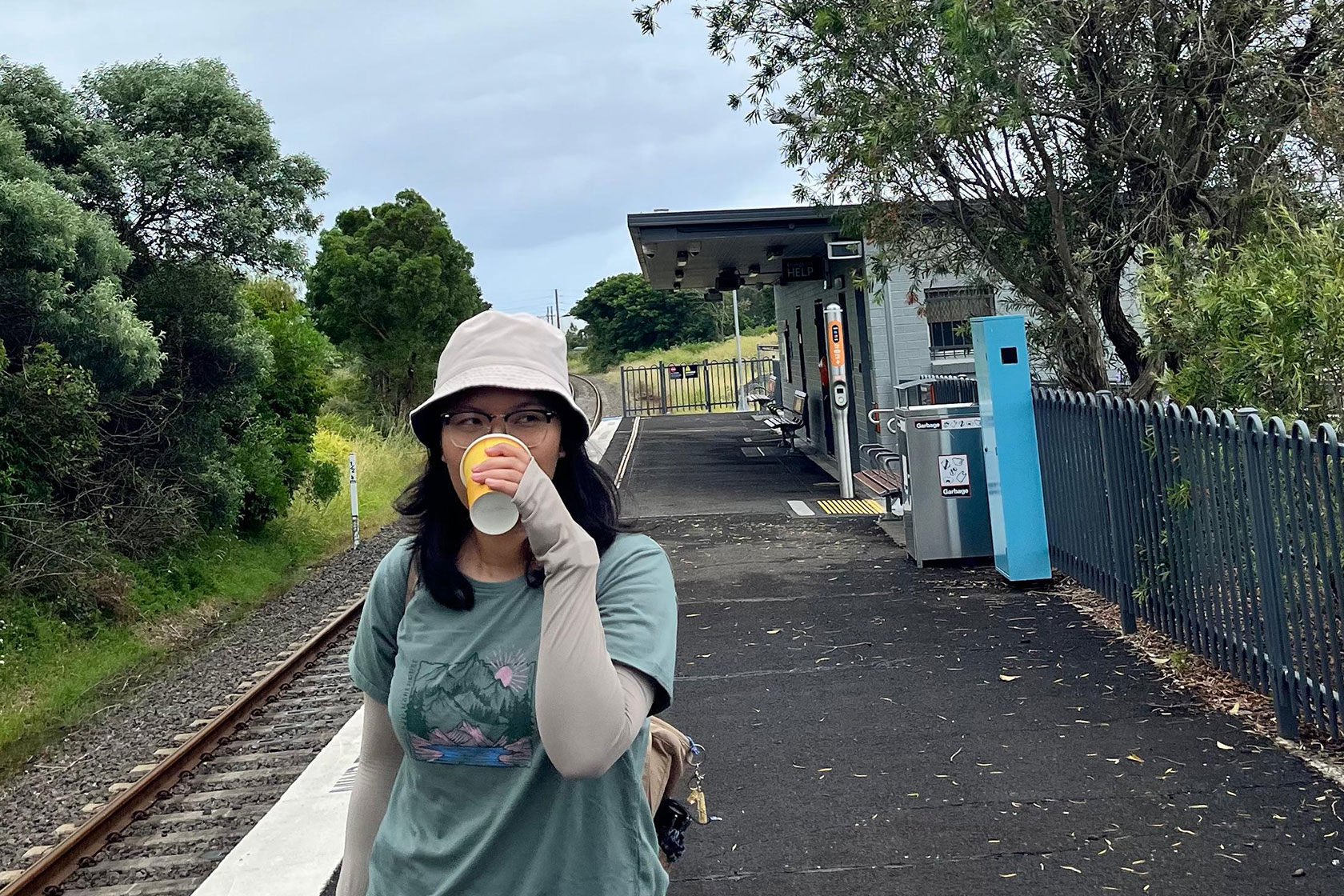
Share this news on:
 Related News
Related NewsThis website uses cookies to improve your website experience. We may also use cookies to analyse website data so that we can improve our online services. To find out more visit our privacy policy.
